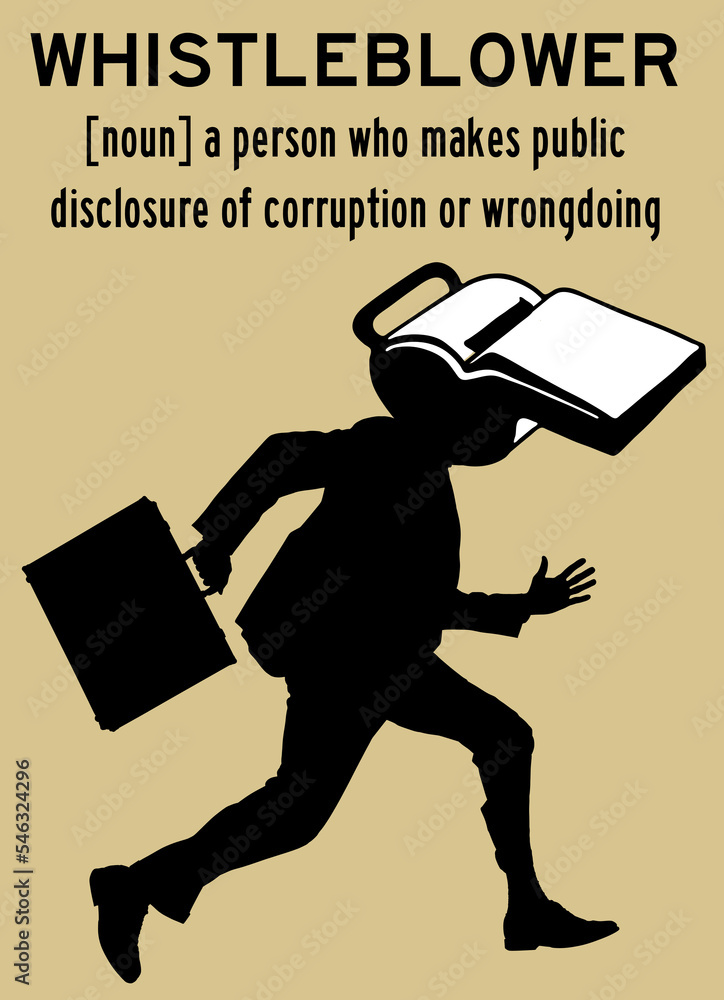
CovertAction Magazine co-founder Philip Agee was one of the best known whistleblowers of the 1970s, writing a tell-all book exposing CIA crimes and the influence of multi-national corporations in driving illegal covert operations.
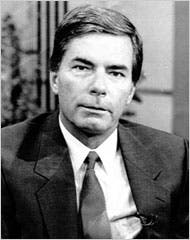
After the book’s publication, Agee was retaliated against by the CIA, which forced him to live the remainder of his life on the run in Europe.
Whistleblowers today continue to face serious retribution for exposing malfeasance in government agencies and private corporations and are ruined financially by prolonged legal battles.
On July 30, the National Whistleblower Center convened an event on Capitol Hill to commemorate what Congress has designated as National Whistleblower Appreciation Day.
The keynote speakers at the event were Senators Ron Wyden (D-OR) and Charles Grassley (R-IA), both of whom have long championed whistleblowers.
Wyden said: “Never have whistleblowers been more urgently needed than today.”
The reason, he said, is because we are seeing a blatant disregard for the rule of law in the executive branch.
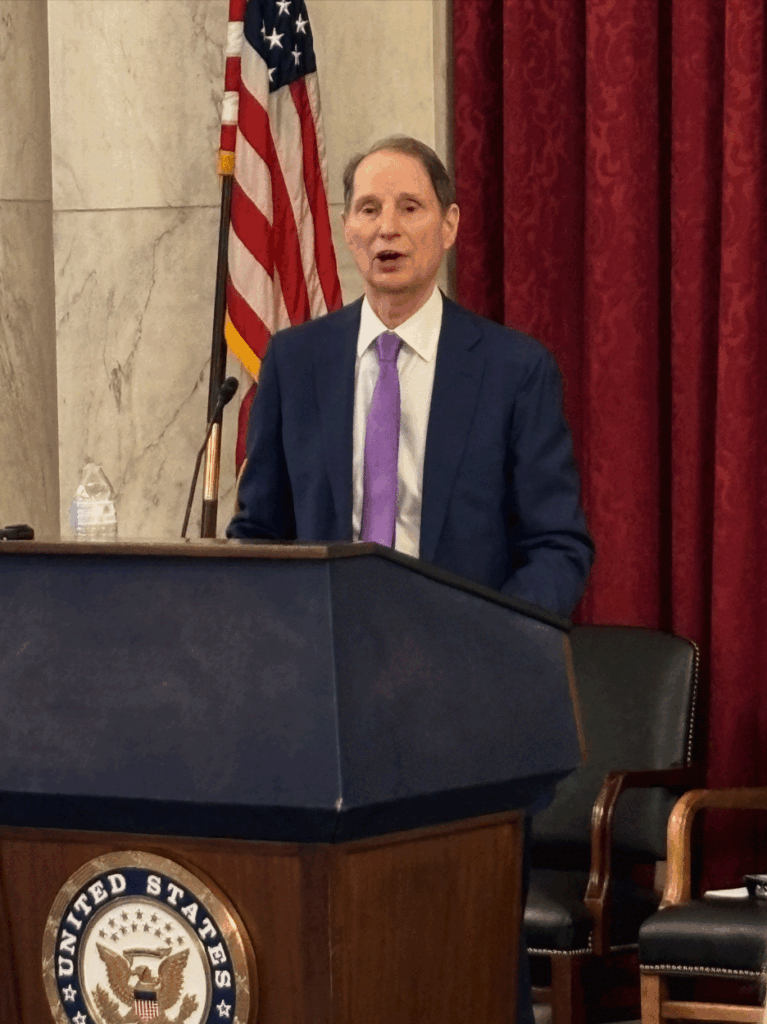
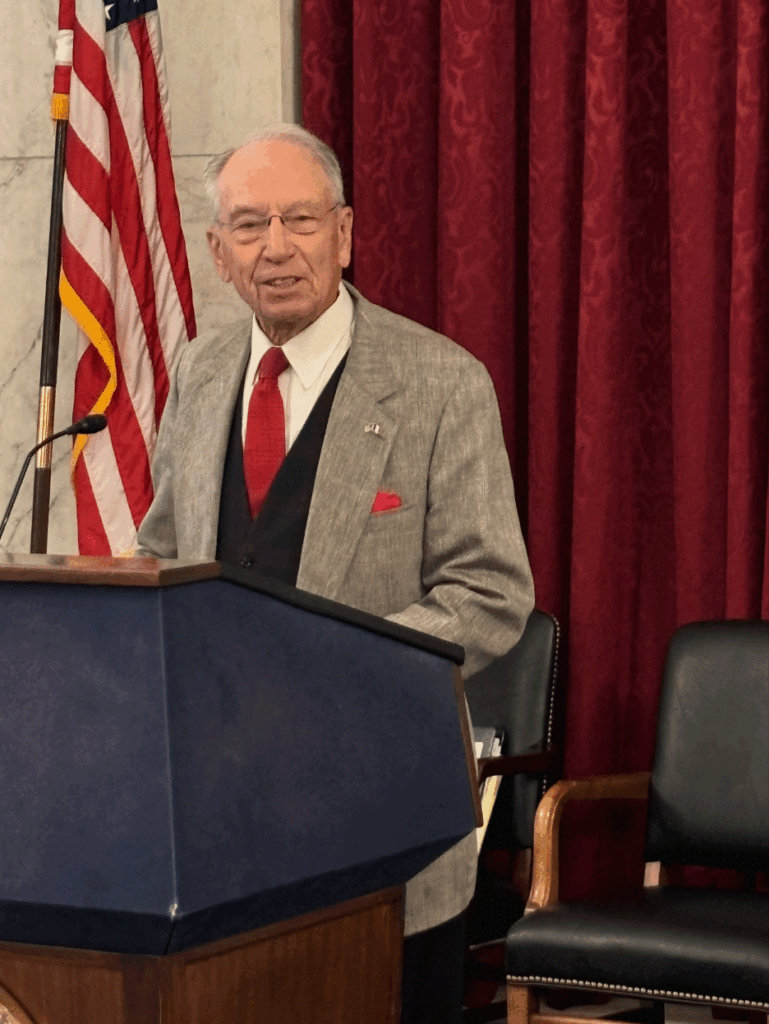
Wyden emphasized that, in his role on the Senate Intelligence Committee and Senate Finance Committee, he has pushed for stronger whistleblower protection laws, including the Intelligence Authorization Act, which ensures that whistleblower security clearances cannot be revoked as retaliation.
Wyden said that he is now focused on going after the so-called “Department of Government Efficiency” (DOGE)—the entity Donald Trump set up to slash government programs.
Wyden also talked about the need for whistleblowers to expose the full truth behind the Jeffrey Epstein sex-trafficking network, and said that whistleblowers helped uncover how Trump’s nominee to head the Internal Revenue Service (IRS), Billy Long, was involved in a phony tax-credit scheme.
In his speech, Senator Grassley characterized whistleblowers as “patriots” and the “government’s most powerful tool for trying to root out waste and abuse” and said that he had written to President Donald Trump to ask him to establish a Rose Garden ceremony to honor whistleblowers since “telling the truth is something we should honor.”
The Whistleblower Network News has called Grassley “the most effective advocate for whistleblowers in the history of the U.S. Congress.”
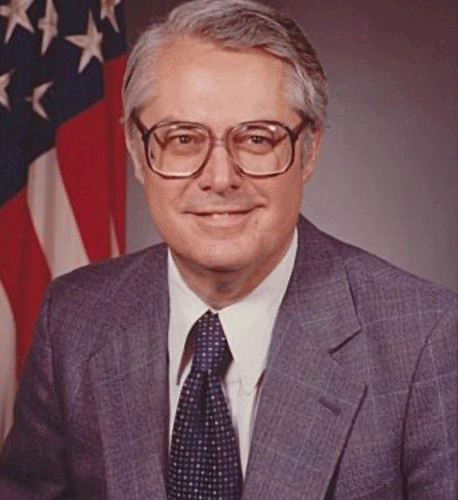
When he was first elected to the Senate in 1981, Grassley said that he worked with Ernie Fitzgerald, who became known as America’s “most famous whistleblower” after he was fired for exposing waste and fraud at the Department of Defense.[1]
Grassley said of Fitzgerald: “He was among the rarest of breeds. He brought uncommon devotion to his work. He prevailed despite the muzzles that many of his handlers, whom he called his ‘over-dogs,’ used to try to silence him. It didn’t work. Because when Ernie sniffed wrongdoing, he would sink in his teeth and never let go. He was a bull dog.’”
In 1986, Senator Grassley supported the Whistleblower Protection Act, which prohibited reprisals against whistleblowers and resulted in the recovery of $78 billion for the U.S. Treasury.
Grassley has since gone on to support many other whistleblower protection laws, including those designed to protect FBI whistleblowers, and expressed pride at having helped some Department of Homeland Security and FBI whistleblowers get back their jobs and security clearances after they had exposed institutional wrongdoing.
Cancer of Partisan Politics
Grassley’s remarks were clouded by his giving the cold shoulder to a whistleblower in the Justice Department who exposed wrongdoing in the implementation of Donald Trump’s immigration policy.
The whistleblower, former Justice Department lawyer Erez Reuveni, filed a complaint accusing a Trump nominee for the federal appeals court, Emil Bove III of pressuring Department of Justice lawyers to mislead judges and ignore court orders in support of the Trump administration’s efforts to send Venezuelan migrants to a notoriously brutal prison in El Salvador.[2]
Despite being praised as a “top-notched” prosecutor by his superiors in an email announcing his promotion two weeks earler, Reuveni was publicly disparaged and fired after expressing concern that the Trump administration had mistakenly deported Kilmar Abrego Garcia to El Salvador.
Instead of standing up for Reuveni, Grassley said that the timing of his complaint indicated that it was a “coordinated political strike”—though Reuveni’s complaint was backed by hard evidence and another whistleblower came forward who said he had provided information to the Justice Department Inspector General months earlier confirming some of Mr. Reuveni’s allegations against Mr. Bove.[3]
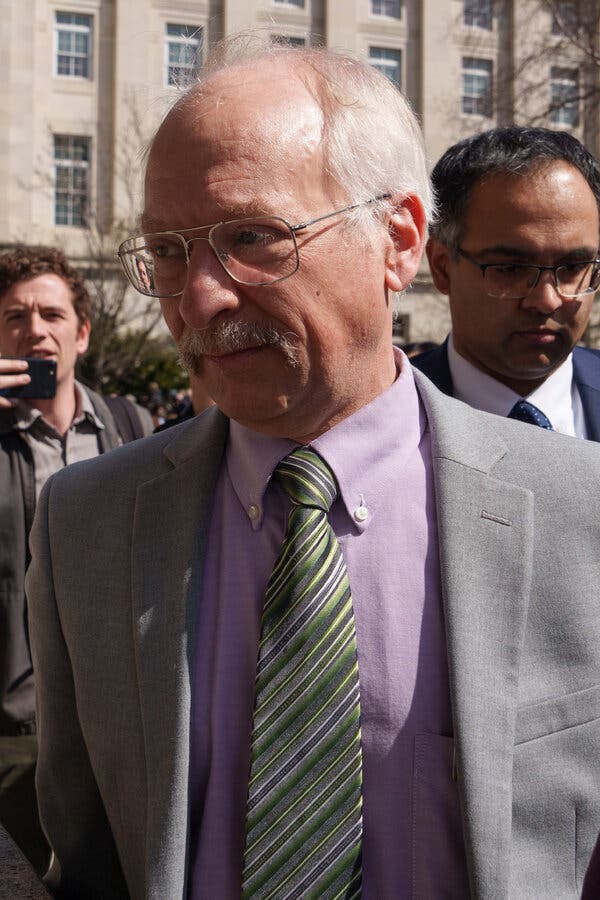
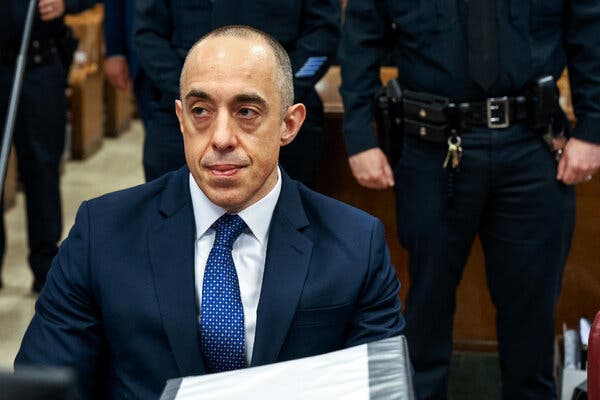
In general, partisan politics has led Republicans to champion whistleblowers who expose malfeasance by Democratic Party politicians, while Democrats champion whistleblowers who expose it among Republicans. Each in turn tries to discredit whistleblowers whose revelations hurt their own party.
At a congressional hearing in May 2023, Debbie Wasserman Schultz (D-FL)—who earlier championed anti-Trump whistleblowers—denigrated a group of FBI whistleblowers and accused one of being a Russian agent because he gave an interview to Sputnik Radio.

The FBI whistleblowers accused the FBI of inflating statistics over Domestic Violence Extremism (DVE) and being too heavy handed in their approach to January 6 riot participants—which did not align with Democratic Party narratives or political priorities.
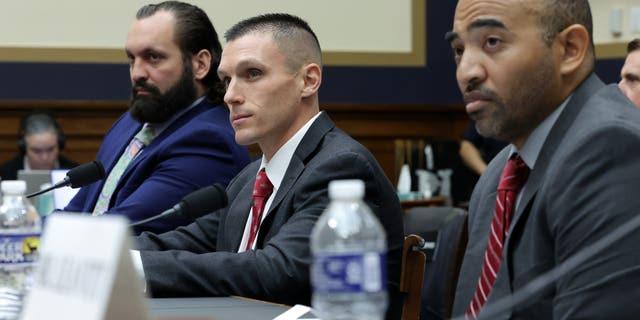
First Whistleblowers
Stephen M. Kohn, an influential whistleblower attorney, provided attendees of the whistleblower recognition event with a fascinating history lesson about how America’s founding fathers supported whistleblowers irreardless of party affiliation during the Revolutionary War.
Kohn recounted how, in February 1777, a group of naval officers stationed on a warship outside Providence, Rhode Island, penned a letter to Robert Treat Paine, a member of the Continental Congress from Massachusetts, reporting on misconduct by their naval commander, Esek Hopkins, the highest-ranking naval officer in the country who had previously served as commander of the slave ship Sally.
Paine was a signer of the Declaration of Independence who had prosecuted British soldiers who shot innocent civilians in the Boston Massacre.
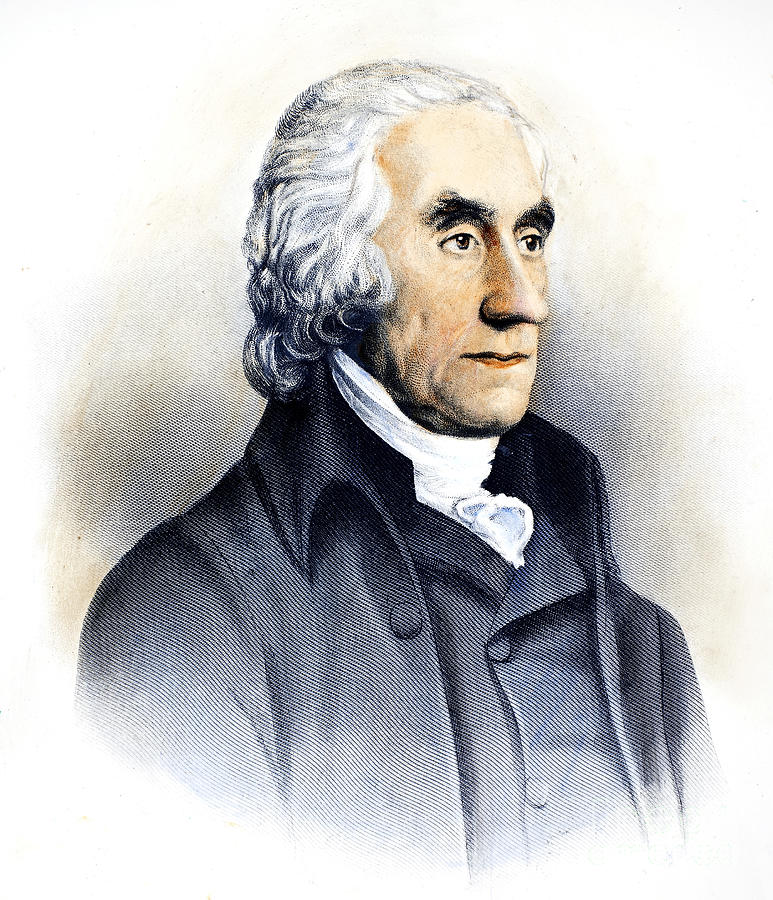
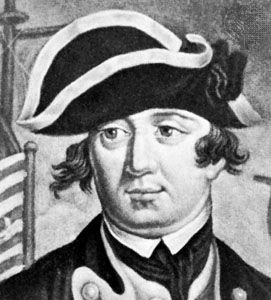
The complaint against Hopkins stated that, among other things, he had treated British prisoners of war “in the most inhuman and barbarous manner.” Additionally, Hopkins failed to attack a British frigate that had run aground, permitting the enemy to escape.
The sailors wrote of Hopkins that he is “a man, if possessed of any principles at all, possessed of the most dangerous principles conceivable, especially when we consider his Station, for he positively declares that all mankind are exactly alike, that no man yet ever existed who could not be bought with money, who could not be hired with money to do any action whatsoever.”[4]
After receiving the letter, Robert Paine suggested that the whistleblowers submit a formal petition to the Continental Congress, which they did. It called for an investigation into Hopkins’ character, conduct and crimes that they said made him “unfit for the public department he now occupies.”
The lead petitioner, Marine Captain John Grannis, the first whistleblower in U.S. history, traveled to Philadelphia to present the petition in March 1777 when he testified before a special subcommittee of the Congress.
The other petitioners were: First Lieutenant George Stillman, Second Lieutenant Barnabas Lothrop, First Lieutenant Roger Haddock, Second Lieutenant James Sellers, Third Lieutenant Richard Marvin, Chaplain John Reed, Midshipman Samuel Shaw, Ship’s Gunner John Truman, and Ship’s Carpenter James Brewer.
The Continental Congress considered the petition and, after carrying out an investigation, stood by the whistleblowing sailors and suspended Hopkins’ command in the U.S. Navy.
Hopkins himself never appeared before the Continental Congress to refute the allegations against him, and his service to the Navy was eventually terminated.
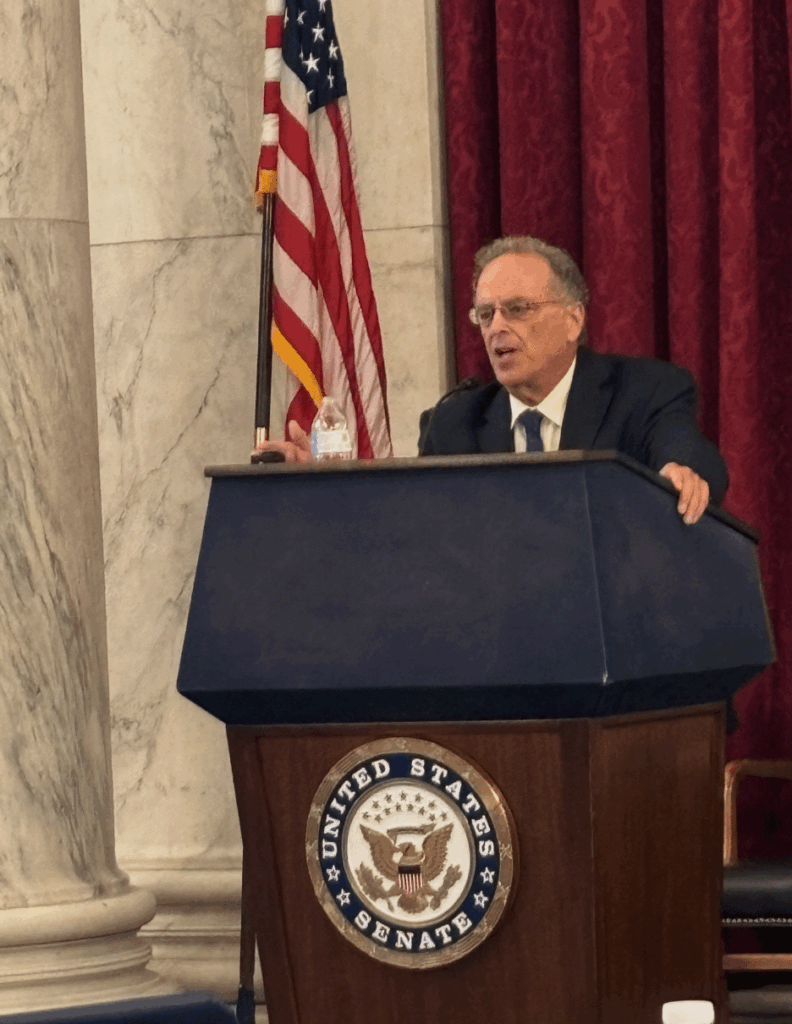
During his last days in command, Hopkins retaliated against the whistleblowers, including by organizing a rump military prosecution of one of them—Richard Marvin—who was found guilty of treating his commander with “the greatest indignity” by signing and sending to the Continental Congress allegedly unjust and false complaints.
Marvin was, in turn, fired and the other whistleblowers were also threatened with imprisonment and subjected to a lawsuit by Hopkins who demanded 10,000 pounds in retribution.
Congress again stood by Marvin and the others being sued by agreeing to pay their legal costs and attorney fees, and in July 1778 passed a resolution that encouraged all citizens to blow the whistle on official misconduct. Subsequently, laws were passed entitling whistleblowers to financial rewards from monies collected by the government from wrongdoers.[5]
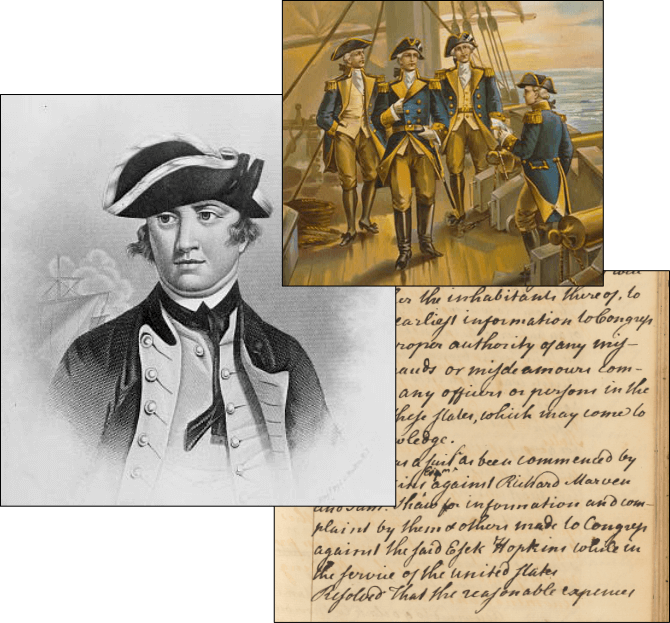
Following the Rhode Island Sailors
The July 30 whistleblowers appreciation event was kick-started by a number of whistleblowers who have followed in the tradition of the Rhode Island sailors who took on Esek Hopkins. These whistleblowers included:
1. Jane Turner, a decorated FBI special agent who exposed malfeasance in the FBI’s child sex-crime program and theft of property by FBI agents at the 9/11 crime scene.
2. Dr. Tommie “Toni” Savage, an Army Corps of Engineers Supervisory Contracting Officer in Huntsville, Alabama, who was retaliated against and then terminated after reporting on millions of dollars in contracting fraud; and
3. Bradley Birkenfeld, a banker who blew the whistle on money laundering and tax evasion practices by Swiss banks and helped the U.S. Treasury recover billions of dollars.[6]
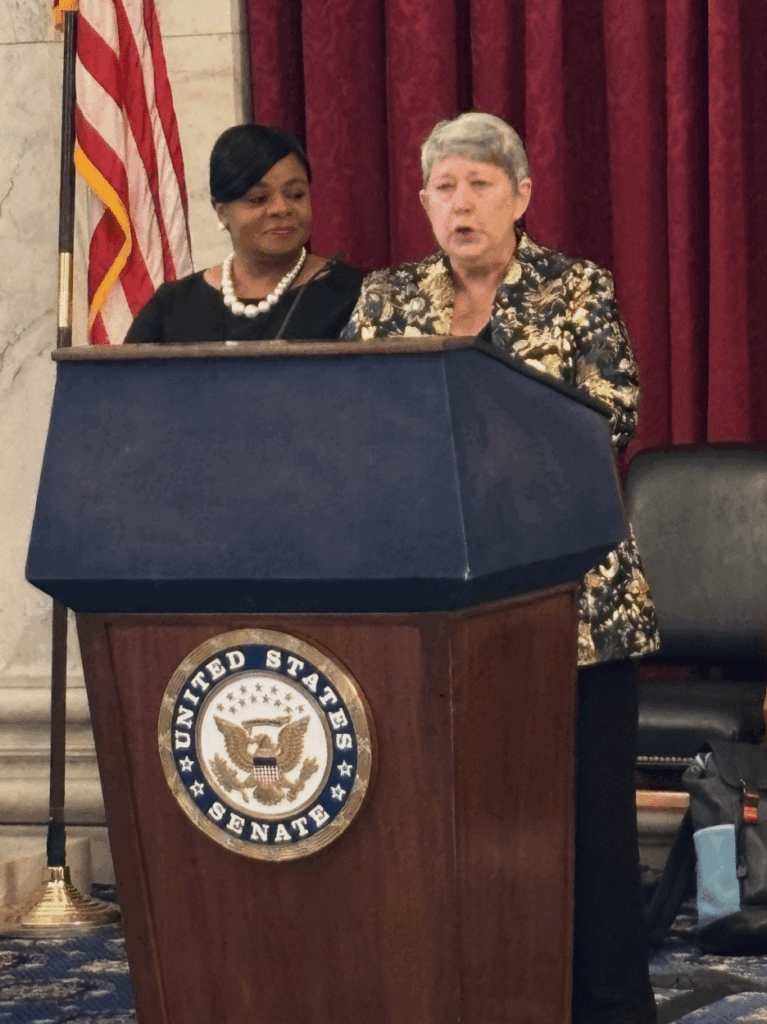
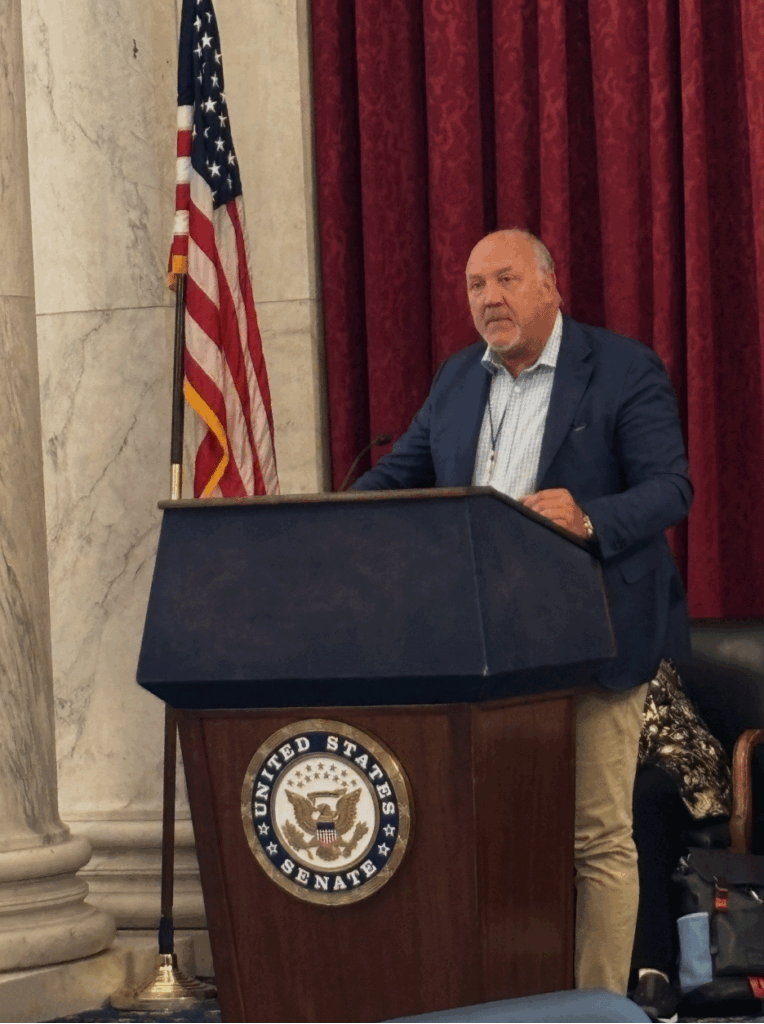
The event organizers recognized a number of prominent national security whistleblowers who were on hand, including:
4. Thomas Drake, an NSA executive and Air Force and Navy veteran, who was awarded both the 2011 Ron Ridenhour Prize for Truth-Telling and the 2011 Sam Adams Award for Integrity in Intelligence for exposing the NSA’s illegal surveillance of American citizens.[7]
5. John Kiriakou, a CovertAction Magazine board member and former CIA counter-terrorism specialist who spent two and a half years in prison on fraudulent charges after blowing the whistle on the CIA’s torture program.
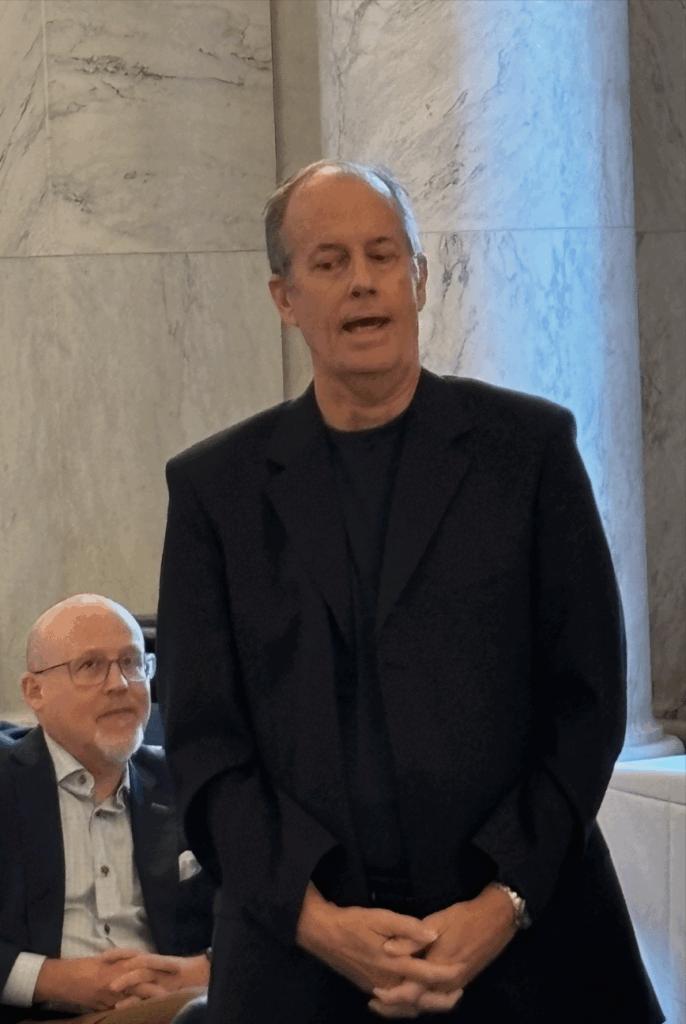
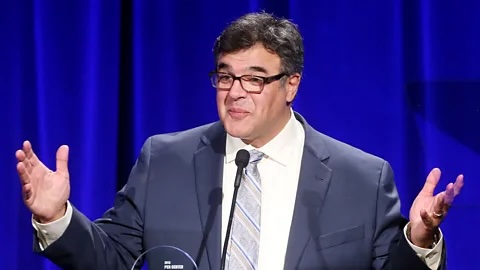
IRS and AI Whistleblowers and Dangers
Among the last speakers at the event were Gary Shapley and Joseph Ziegler, two IRS agents who came forward with information on tax fraud being carried out by President Joe Biden’s son, Hunter, which led to the latter’s prosecution.
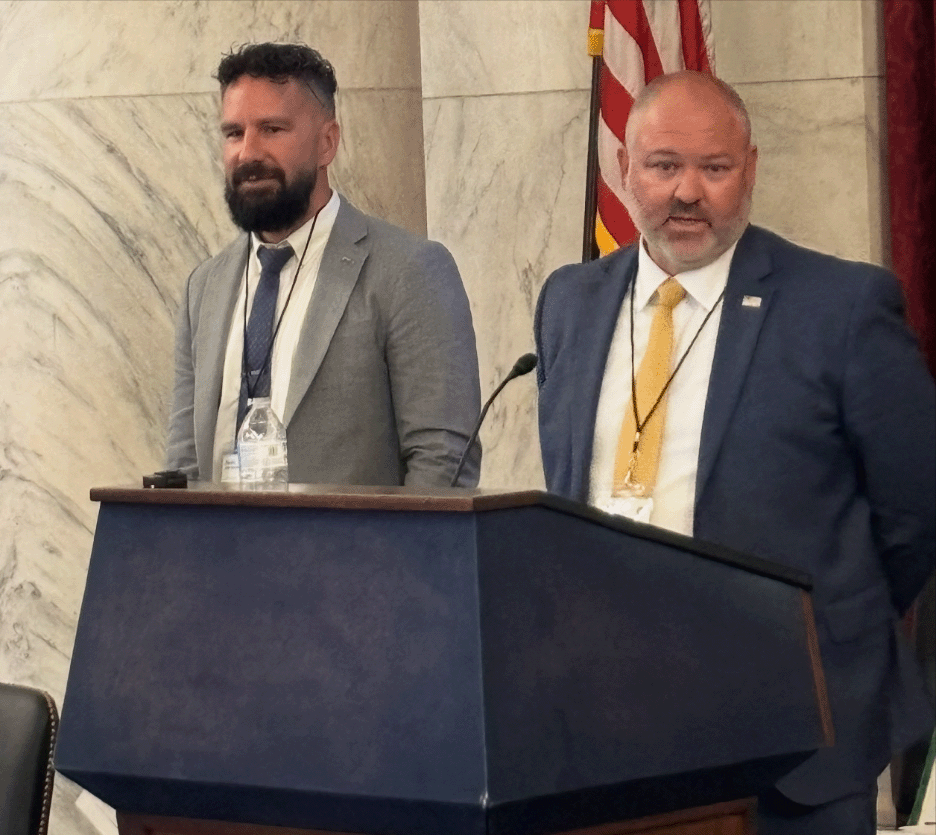
Another interesting speaker was Daniel Kokotajlo, a former Artificial Intelligence (AI) researcher in the governance division of OpenAI who resigned in 2024 after stating that the company had a secretive and reckless culture that led to its taking grave risks in the rush to advance AI.
Threatening enormous job losses and fundamental transformation in human relations, Kokotajlo noted that AI systems were increasingly being incorporated into the military, which could result in the commission of atrocities by automatic machines operating independently from human control.
An additional concern is that the few companies that control AI technology are becoming exceedingly powerful and could take control over the entire governing structure of the U.S. and the world.
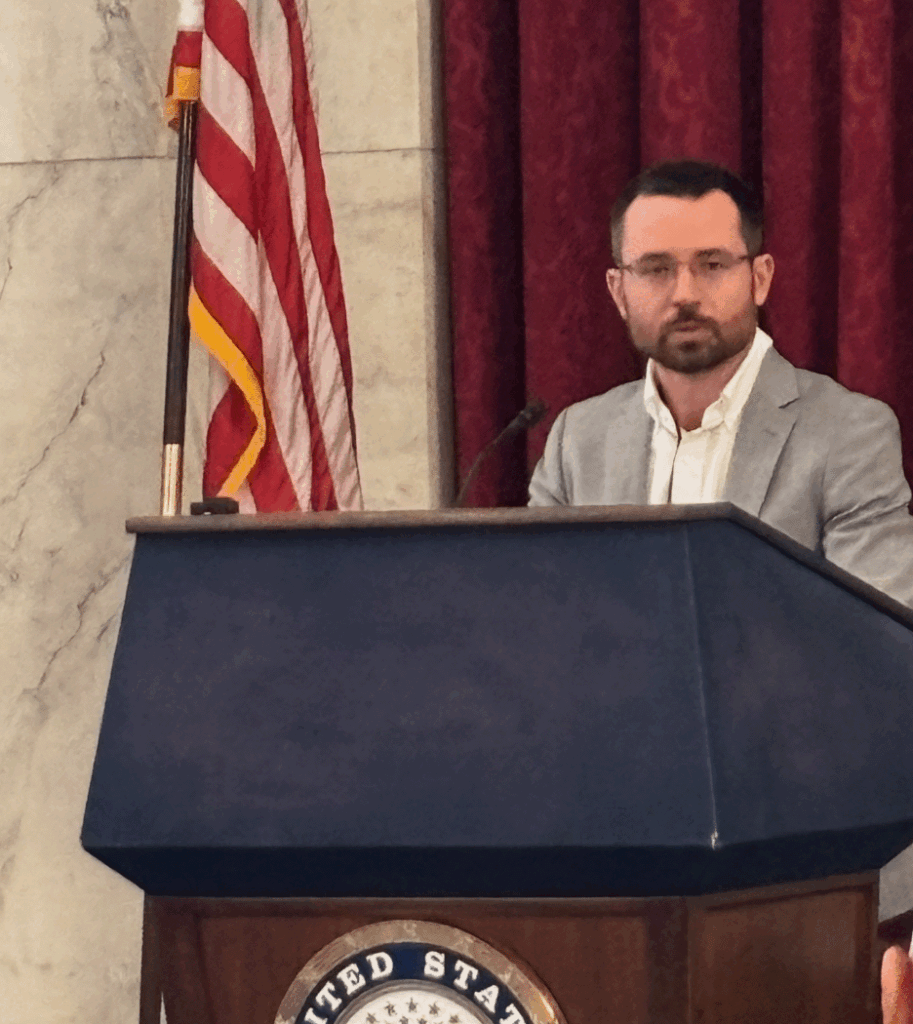
Kokotajlo’s concerns were raised by other AI whistleblowers featured at the July 30 event who spoke about how AI systems were eclipsing the knowledge of those who have doctorates in physics and math and would soon be capable of developing dangerous weapons systems and biological warfare capabilities that could have genocidal consequences.
The specter of out-of-control AI systems combined with Gilded Age levels of inequality and the looming threat of World War III affirms Wyden’s assessment about the urgency of whistleblowers coming forward.
Without whistleblowers, the public will be left in the dark about the dangerous machinations of America’s ruling oligarchy, and left ever more vulnerable to its predations.

Fitzgerald was a top financial manager for the Air Force who in 1968 revealed a $2.3 billion cost overrun in the Lockheed C-5 aircraft program. He did it before Congress and in defiance of his superiors. Eventually, he won reinstatement after a four-year legal battle that cost him more than $1 million in legal fees. ↑
Bove is a hard-right judge who pressed for criminal investigations of protesters at Columbia University that federal judges viewed skeptically. ↑
Oddly, just before the vote on Mr. Bove, a lawyer for the latter whistle-blower said that the inspector general’s office had recently notified them that the whistle-blower complaint was “lost” by that office. Grassley for his part accused Democrats of trying “to weaponize” his “respect for whistle-blowers and the whole whistle-blowing process” against him. ↑
See Stephen M. Kohn, Rules for Whistleblowers: A Handbook for Doing What’s Right (Essex, CT: Rowman & Littlefield, 2023), xv, xvi. ↑
Kohn, Rules for Whistleblowers, xx, xxi. The 1863 False Claims Act was upheld in the 21st century by the Supreme Court in Rockwell International Corp. v. United States (2007); the opinion was written by Justice Antonin Scalia. ↑
See CovertAction Magazine’s 2023 profile of Birkenfeld here. ↑
Ron Ridenhour was an American soldier in Vietnam who blew the whistle on U.S. soldiers who committed the My Lai massacre, which resulted in the deaths of 504 Vietnamese civilians. Sam Adams reported on the politicization of intelligence during the Vietnam War. ↑
CovertAction Magazine is made possible by subscriptions, orders and donations from readers like you.
Blow the Whistle on U.S. Imperialism
Click the whistle and donate
When you donate to CovertAction Magazine, you are supporting investigative journalism. Your contributions go directly to supporting the development, production, editing, and dissemination of the Magazine.
CovertAction Magazine does not receive corporate or government sponsorship. Yet, we hold a steadfast commitment to providing compensation for writers, editorial and technical support. Your support helps facilitate this compensation as well as increase the caliber of this work.
Please make a donation by clicking on the donate logo above and enter the amount and your credit or debit card information.
CovertAction Institute, Inc. (CAI) is a 501(c)(3) non-profit organization and your gift is tax-deductible for federal income purposes. CAI’s tax-exempt ID number is 87-2461683.
We sincerely thank you for your support.
Disclaimer: The contents of this article are the sole responsibility of the author(s). CovertAction Institute, Inc. (CAI), including its Board of Directors (BD), Editorial Board (EB), Advisory Board (AB), staff, volunteers and its projects (including CovertAction Magazine) are not responsible for any inaccurate or incorrect statement in this article. This article also does not necessarily represent the views the BD, the EB, the AB, staff, volunteers, or any members of its projects.
Differing viewpoints: CAM publishes articles with differing viewpoints in an effort to nurture vibrant debate and thoughtful critical analysis. Feel free to comment on the articles in the comment section and/or send your letters to the Editors, which we will publish in the Letters column.
Copyrighted Material: This web site may contain copyrighted material the use of which has not always been specifically authorized by the copyright owner. As a not-for-profit charitable organization incorporated in the State of New York, we are making such material available in an effort to advance the understanding of humanity’s problems and hopefully to help find solutions for those problems. We believe this constitutes a ‘fair use’ of any such copyrighted material as provided for in section 107 of the US Copyright Law. You can read more about ‘fair use’ and US Copyright Law at the Legal Information Institute of Cornell Law School.
Republishing: CovertAction Magazine (CAM) grants permission to cross-post CAM articles on not-for-profit community internet sites as long as the source is acknowledged together with a hyperlink to the original CovertAction Magazine article. Also, kindly let us know at info@CovertActionMagazine.com. For publication of CAM articles in print or other forms including commercial internet sites, contact: info@CovertActionMagazine.com.
By using this site, you agree to these terms above.
About the Author

Jeremy Kuzmarov holds a Ph.D. in American history from Brandeis University and has taught at numerous colleges across the United States. He is regularly sought out as an expert on U.S. history and politics for radio and TV programs and co-hosts a radio show on New York Public Radio and on Progressive Radio News Network called “Uncontrolled Opposition.”
He is Managing Editor of CovertAction Magazine and is the author of six books on U.S. foreign policy, including Obama’s Unending Wars (Clarity Press, 2019), The Russians Are Coming, Again, with John Marciano (Monthly Review Press, 2018), Warmonger. How Clinton’s Malign Foreign Policy Launched the U.S. Trajectory From Bush II to Biden (Clarity Press, 2023); and with Dan Kovalik, Syria: Anatomy of Regime Change (Baraka Books, 2025).
Besides these books, Kuzmarov has published hundreds of articles and contributed to numerous edited volumes, including one in the prestigious Oxford History of Counterinsurgency .
He can be reached at jkuzmarov2@gmail.com and found on substack here.

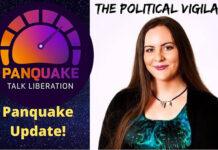



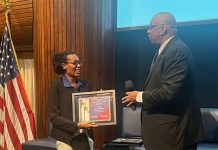
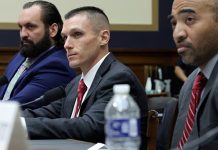


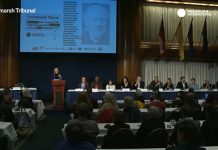

Claim ETH Instantly With ChatGPT 2025 https://ethminings.netlify.app
Podoktor | Kıbrıs ayak sağlığı Kıbrıs nasır bakımı , Kıbrıs kalıcı oje , Kıbrıs Medikal Ayak Bakımı , Kıbrıs Medikal Pedikür , Kıbrıs Dermapen Bakımları
dxd global | Marka yönetimi Kıbrıs , sosyal medya yönetimi, promosyon ürünleri, Seslendirme Hizmeti , SEO , Dijital pazarlama , Videografi
How I Earned $12K Mining ETH with AI in 5 Days 2025 https://ethminer.pythonanywhere.com
I’m often to blogging and i really appreciate your content. The article has actually peaks my interest. I’m going to bookmark your web site and maintain checking for brand spanking new information.
With an authoritarian President like Donald Trump it may be more difficult to be a whistleblower. Indeed in n both Russia and China, whistleblowers face significant risks and limited legal protections. While some laws and measures exist to encourage whistleblowing, particularly in China, they are often overshadowed by a lack of robust enforcement and a culture of secrecy, leading to potential retaliation, including legal repercussions, job loss, and even imprisonment.